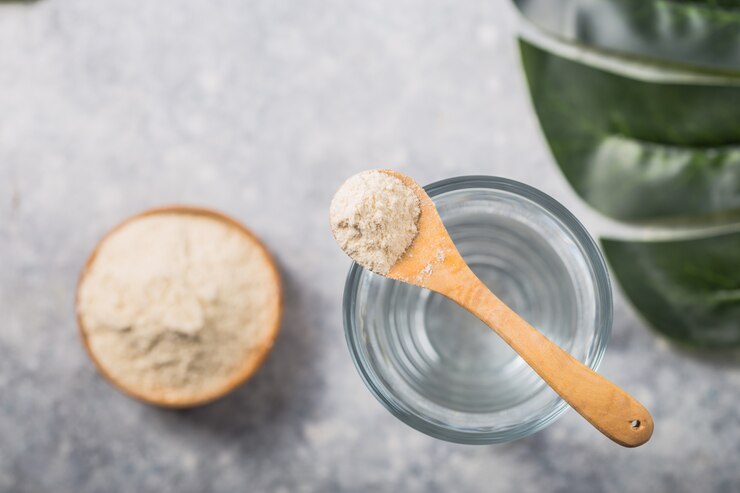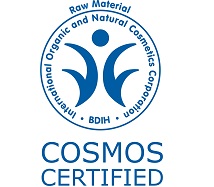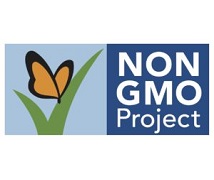

Organic Biotin Powder
The indiscriminately use of fertilizers and pesticides in agriculture can have severe impact on human health ranging from toxicity and deadly diseases. We at ARYAN are committed to address this challenge by working towards the organic food which uses herbal plants based extracts and adopts phytoremediation for removal of hazardous substances and toxic metals. For last two decades, our group has been involved in the production of Organic botanical extracts, organic essential oils, organic edible oil, organic spices, organic starch, organic flours, and organic seeds. Now we are focusing on organic minerals and organic vitamins. By now ARYAN has carved a niche for itself in the field of ORGANIC FOODS and is continuously moving in leaps and bounds. Taking a leaf out of this growth, we intend to start the production of our “Organic Biotin Powder”. Our vitamin is purely organic and does not use any chemical compounds. Unlike other organic Biotin available in the market, ours is totally “Gluten Free”. We have already developed the organic Biotin and shortly file the patent so that commercial production can star in near future.
Functioning in the Body
- Biotin, a B vitamin, is an essential nutrient that is naturally present in some foods and available as a dietary supplement. This water-soluble vitamin is a cofactor for five carboxylases (propionyl- CoA carboxylase, pyruvate carboxylase, methylcrotonyl-CoA carboxylase [MCC], acetyl-CoA carboxylase 1, and acetyl-CoA carboxylase 2) that catalyze critical steps in the metabolism of fatty acids, glucose, and amino acids
- Our body needs Biotin to metabolize carbohydrates, fats, and amino acids, the building blocks of protein. Biotin is often recommended for strengthening hair and nails, and it’s found in many cosmetic products for hair and skin.
- Biotin also plays key roles in histone modifications, gene regulation (by modifying the activity of transcription factors), and cell signaling.
- Biotin is necessary for the function of several enzymes known as carboxylases. These are part of important metabolic processes, such as the production of glucose and fatty acids.
Food sources for Biotin
Biotin can be found in brewer’s yeast; cooked eggs, especially egg yolk; sardines; nuts (almonds, peanuts, pecans, walnuts) and nut butters; soybeans; other legumes (beans, black eye peas); whole grains; cauliflower; bananas; and mushrooms.
Raw egg whites contain a protein called Avidin that interferes with the body’s absorption of biotin. Food-processing techniques can destroy biotin. Less-processed versions of the foods mentioned above contain more biotin.
Recommended Dietary Allowances
The recommended dietary allowances for Biotin (Food and Nutrition Board) in both International
Units (IUs) and micrograms.
Adequate Intake for Biotin
| Age | Male | Female | Pregnancy | Lactation |
| Birth to 6 months* | 5 mcg | 5 mcg |
| 7–12 months* | 6 mcg | 6 mcg | ||
| 1–3 years | 8 mcg | 8 mcg | ||
| 4–8 years | 12 mcg | 12 mcg | ||
| 9–13 years | 20 mcg | 20 mcg | ||
| 14–18 years | 25 mcg | 25 mcg | 30 mcg | 35 mcg |
| 19+ Years | 30 mcg | 30 mcg | 30 mcg | 35 mcg |
*Adequate Intake (AI)
Benefits of Biotin
1. Breaking down macronutrients
Biotin helps the body convert food into energy it supports a number of enzymes involved in the breakdown of carbs, fats, and proteins. Specifically, biotin is involved in:
Gluconeogenesis: This is the synthesis of glucose from sources other than carbs, such as amino acids, and biotin-containing enzymes help initiate this process.
Fatty acid synthesis: Biotin assists enzymes that activate reactions that are important for the production of fatty acids.
Amino acid breakdown: Biotin-containing enzymes are involved in the metabolism of several important amino acids, including leucine.
2. Nail and Hair Health
Biotin supplements may improve thin, splitting, or brittle toe and fingernails, as well as hair. Biotin, combined with zinc and topical clobetasol propionate, has also been used to combat alopecia areata in both children and adults.
3. Cradle Cap (Seborrheic Dermatitis)
Infants who don’t have enough biotin often develop this scaly scalp condition.
4. Diabetes
Preliminary research indicates that a combination of biotin and chromium might improve blood sugar control in some people with type 2 diabetes, but biotin alone doesn’t seem to have the same effect. More research is needed to determine whether biotin has any benefit.
5. Peripheral Neuropathy
There have been reports that biotin supplements improve the symptoms of peripheral neuropathy for some people who developed this condition from either diabetes or ongoing dialysis for kidney failure. Peripheral neuropathy is nerve damage in the feet, hands, legs, or arms. Numbness, tingling, burning or strange sensations, pain, muscle weakness, and trouble walking are some symptoms. However, there aren’t any studies that evaluate whether biotin really helps treat peripheral neuropathy.
6. Supporting Pregnancy and Breastfeeding
Biotin is very important for women who are pregnant or lactating. While symptomatic biotin deficiency is rare, low biotin levels are common during pregnancy. As a result, a pregnant woman may need more biotin from the diet or from supplements than a woman who is not pregnant.
7. Boosting Skin Health
Scientists do not fully understand biotin’s role in maintaining healthy skin. However, people with biotin deficiencies may experience skin problems, including red, scaly rashes. Some people also believe that biotin may help improve psoriasis. The vitamin’s influence on the skin may stem from its effect on fat metabolism. This process is important for maintaining healthy skin, and it may be impaired in people with low levels of biotin.
Search Products
- Organic Botanical Extract
- Organic Cereals
- Organic Edible Oils
- Organic Emulsifiers
- Organic Essentials Oils & Extracts
- Organic Fatty Acids
- Organic Flours
- Organic Formulations
- Organic Herbs
- Organic Minerals
- Organic Nutraceuticals
- Organic Nuts
- Organic Oil Seeds
- Organic Pulses
- Organic Special Products
- Organic Spices
- Organic Starch
- Organic Vitamins










